Iran urges EU to drop threats, adopt mutual respect to resolve nuclear standoff
Iranian President Hassan Rouhani has criticized the Europeans’ inaction toward reviving the multilateral 2015 nuclear deal, saying negotiations based on “mutual respect” and free from “threat and pressure” is the best means of resolving the current standoff.
“The best way to resolve the differences with our European partners on various bilateral, regional, and international levels is negotiations based on mutual respect and avoidance of any sort of threat and pressure,” Rouhani said in Tehran on Sunday during a meeting with a delegation headed by Ireland’s visiting Foreign Minister Simon Coveney.
The president was apparently referring to the Europeans’ submission to the US demand that Tehran take the first step to revive the nuclear accord, officially known as the Joint Comprehensive Plan of Action (JCPOA), even though it was the US that unilaterally abandoned the deal and restored the unlawful sanctions against the Islamic Republic.
Tehran has dismissed the demand as unreasonable and unacceptable.
Rouhani said Iran is the only party to have paid a price for attempting to preserve the nuclear agreement it signed with the P5+1 group of states -- the US, the UK, France, Russia, and China plus Germany -- in Vienna in 2015.
The president, however, warned that the status quo could not last as the deal has to be observed by all of its signatories.
“The Islamic Republic has been committed to the JCPOA and its preservation. Iran has been the only party to have [ever] paid the price of preserving the JCPOA. But this status is unsustainable in its current form,” he noted.
Under his signature “maximum pressure” policy against Iran, former US president Donald Trump withdrew Washington from the landmark accord and restored the economic sanctions that the deal had lifted. The US also began threatening third countries with “secondary sanctions” if they did business with Iran in defiance of the bans.
Trump abandoned the deal despite its multilateral nature and the fact that it has been endorsed by the United Nations Security Council in the form of Resolution 2231. The US allies in the deal – London, Paris, and Berlin – also bowed to Washington’s pressure, abiding by the sanctions and stopping their trade with Tehran.
Iran, in turn, began confronting the sanctions under Leader of the Islamic Revolution Ayatollah Khamenei’s Resistive Economy directive.
It also started a number of nuclear countermeasures on the first anniversary of the US’s withdrawal in line with its rights under the deal to retaliate for the other side’s non-commitment. The Islamic Republic has been gradually increasing its counteractions as Washington and the European trio continue to violate their obligations under the JCPOA.
Rouhani noted that the US’s “maximum pressure” policy and its illegal sanctions had, as acknowledged by US officials themselves, been defeated in the face of the Iranian nation.
“In order for the JCPOA to be preserved and revived, it is necessary for all of the deal’s members to fully implement Resolution 2231.”
The president said Iran was prepared to “immediately” reverse its nuclear counter-steps once the US lifted the sanctions and “abandoned its policy of threat and pressure” against the Islamic Republic.
Rouhani also said Iran was prepared to cooperate with international organizations towards resolution of regional crises.
The Irish top diplomat, for his part, called Trump’s departure from the nuclear deal “a historic mistake” and alleged that the new US administration was determined to return Washington to the pact.
Trump’s successor, Joe Biden, has only voiced a willingness to rejoin the JCPOA. His administration has, however, stopped short of any concrete effort that could mirror the expression of alleged interest amid Tehran’s definitive position that it would only reverse its reprisal if Washington lifted the sanctions.
Coveney said as an international agreement, the JCPOA was very important to global peace, noting that Dublin would do all in its power to preserve the deal. He said Dublin was prepared to play whatever role that could ameliorate the situation and enable fresh negotiation among the JCPOA’s partners.
VIDEO | Press TV's news headlines
VIDEO | Pakistan mosque attack in Islamabad sparks protests in Kashmir
Hamas condemns Israel's 'fascist settler-colonial' project aimed at annexing West Bank
Iran's Greco-Roman wrestling team wins championship title at Zagreb Open 2026
VIDEO | UK arrests Press TV contributor amid crackdown on pro-Palestine activism
VIDEO | Axis of Resistance stands as multinational front for justice
Swiss academics call for end to research treaty with Israel over Gaza genocide
VIDEO | Israeli regime harasses, tortures Gazans returning through Rafah crossing


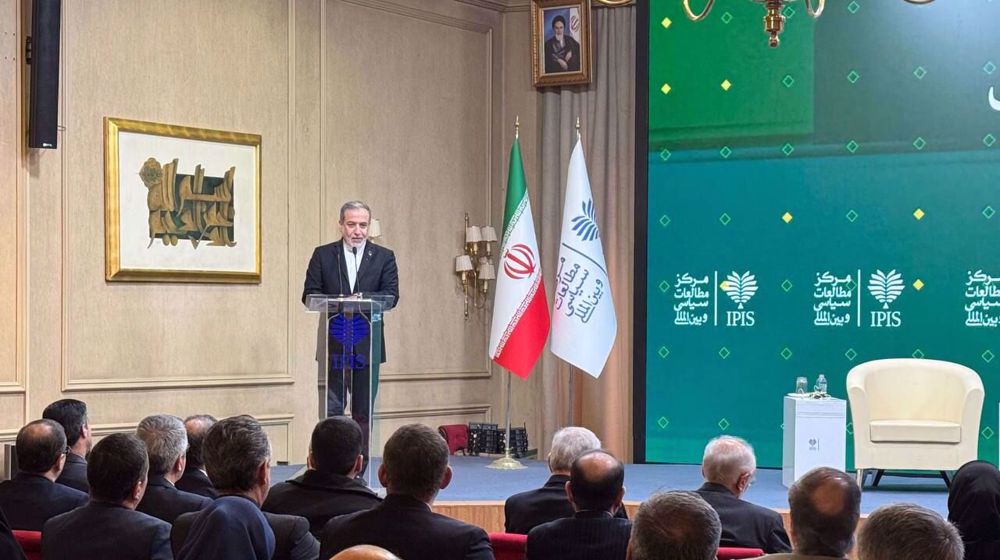
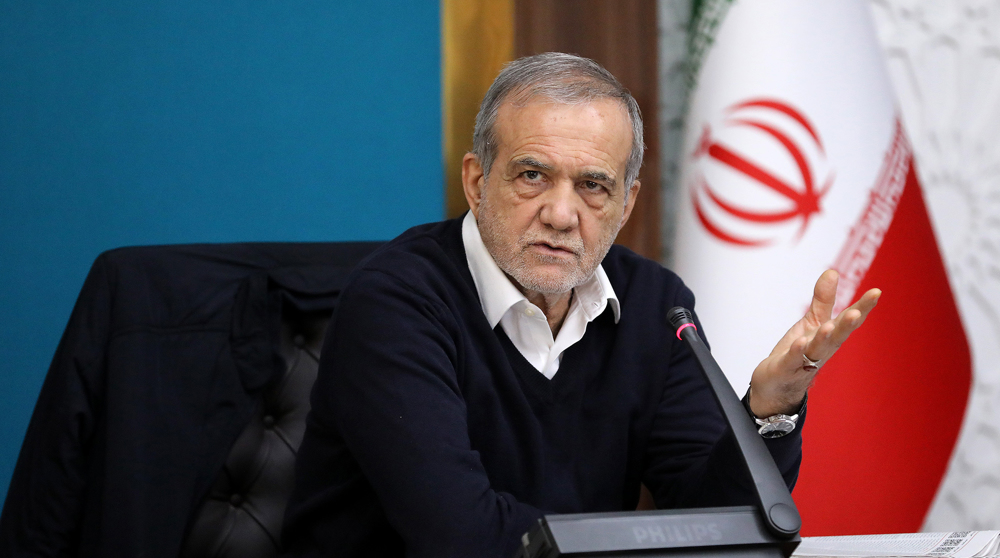
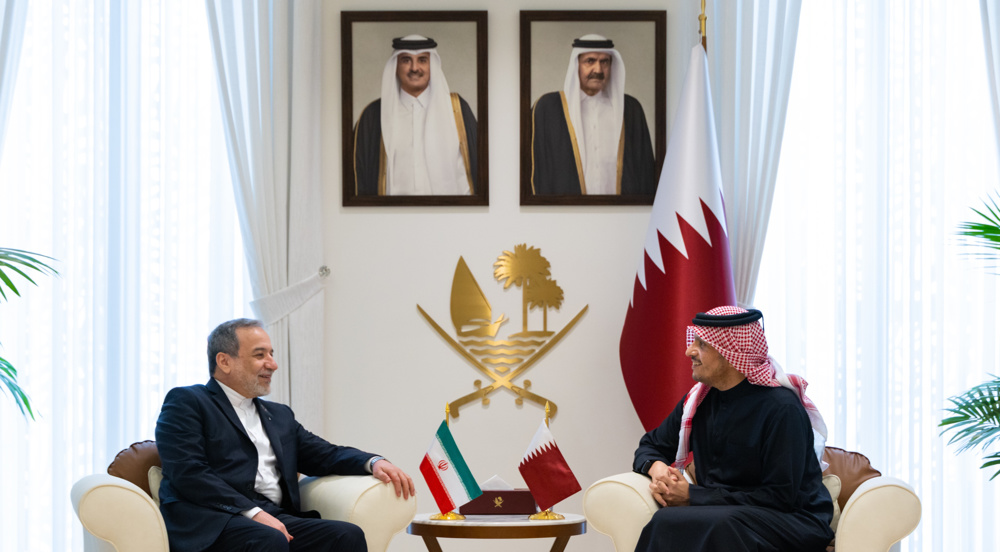



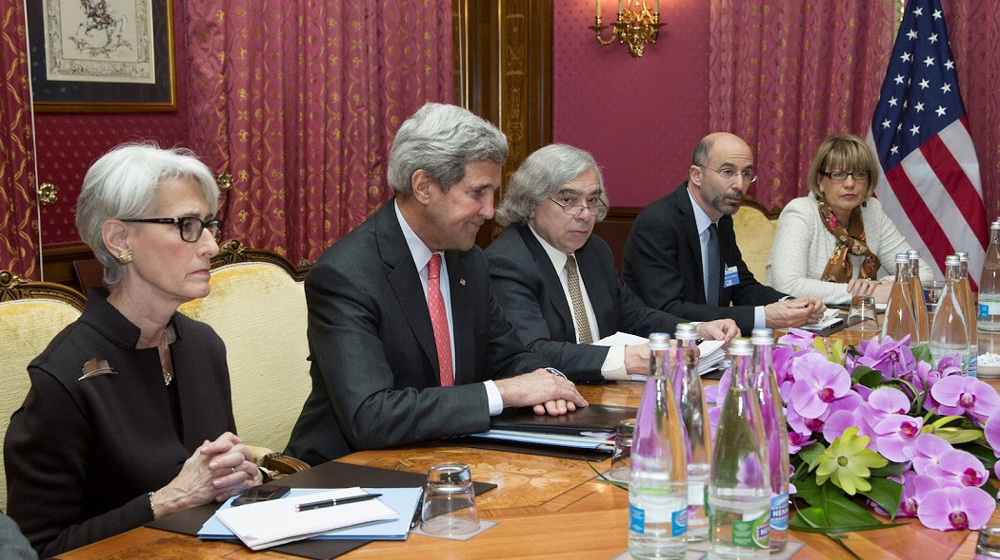
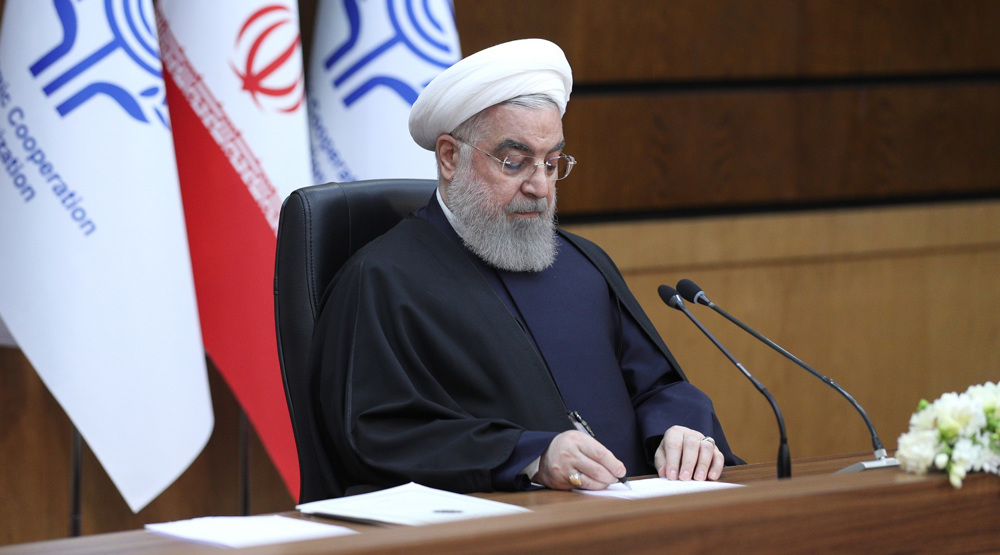
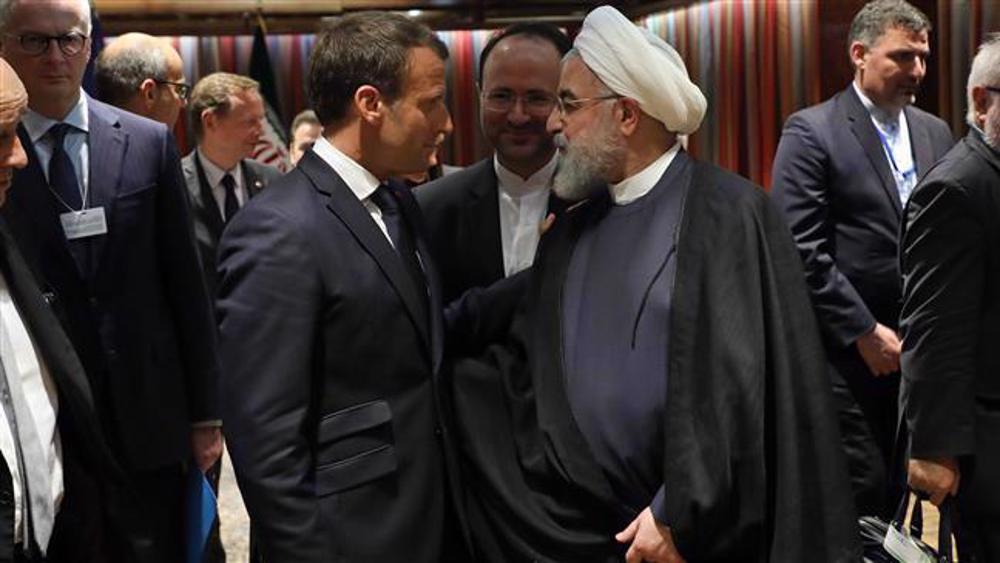

 This makes it easy to access the Press TV website
This makes it easy to access the Press TV website